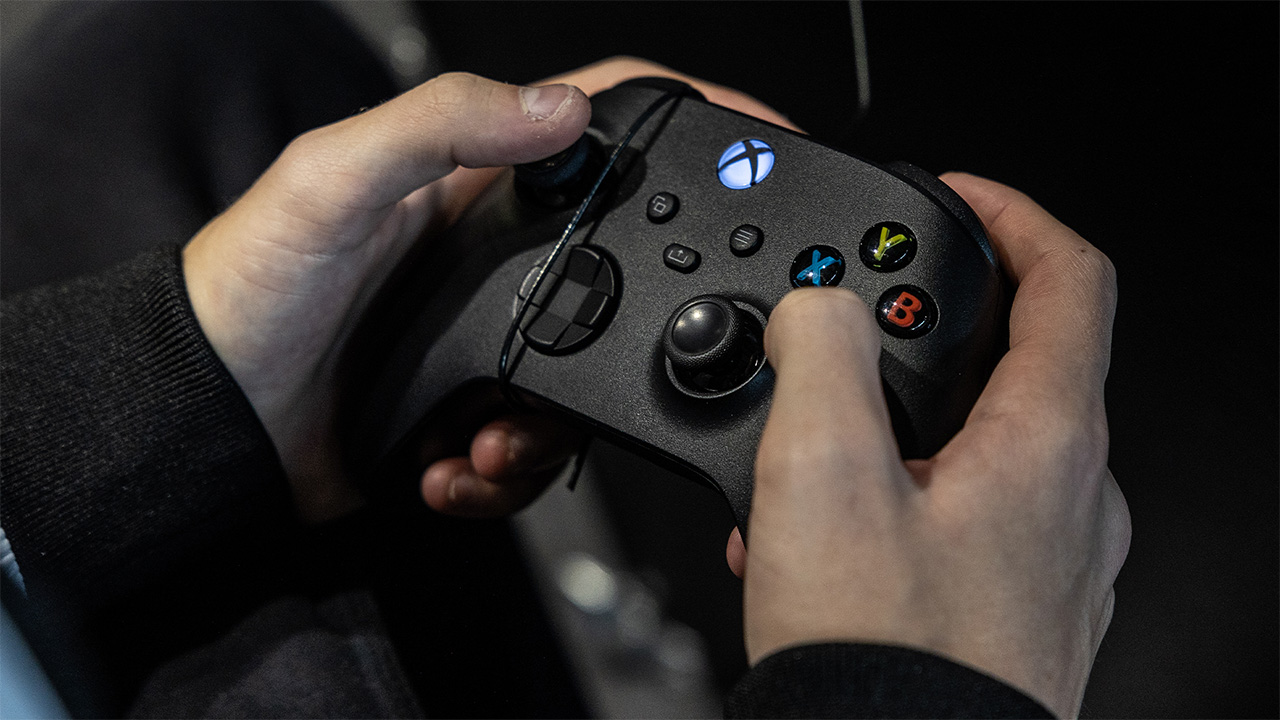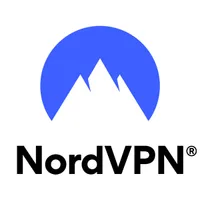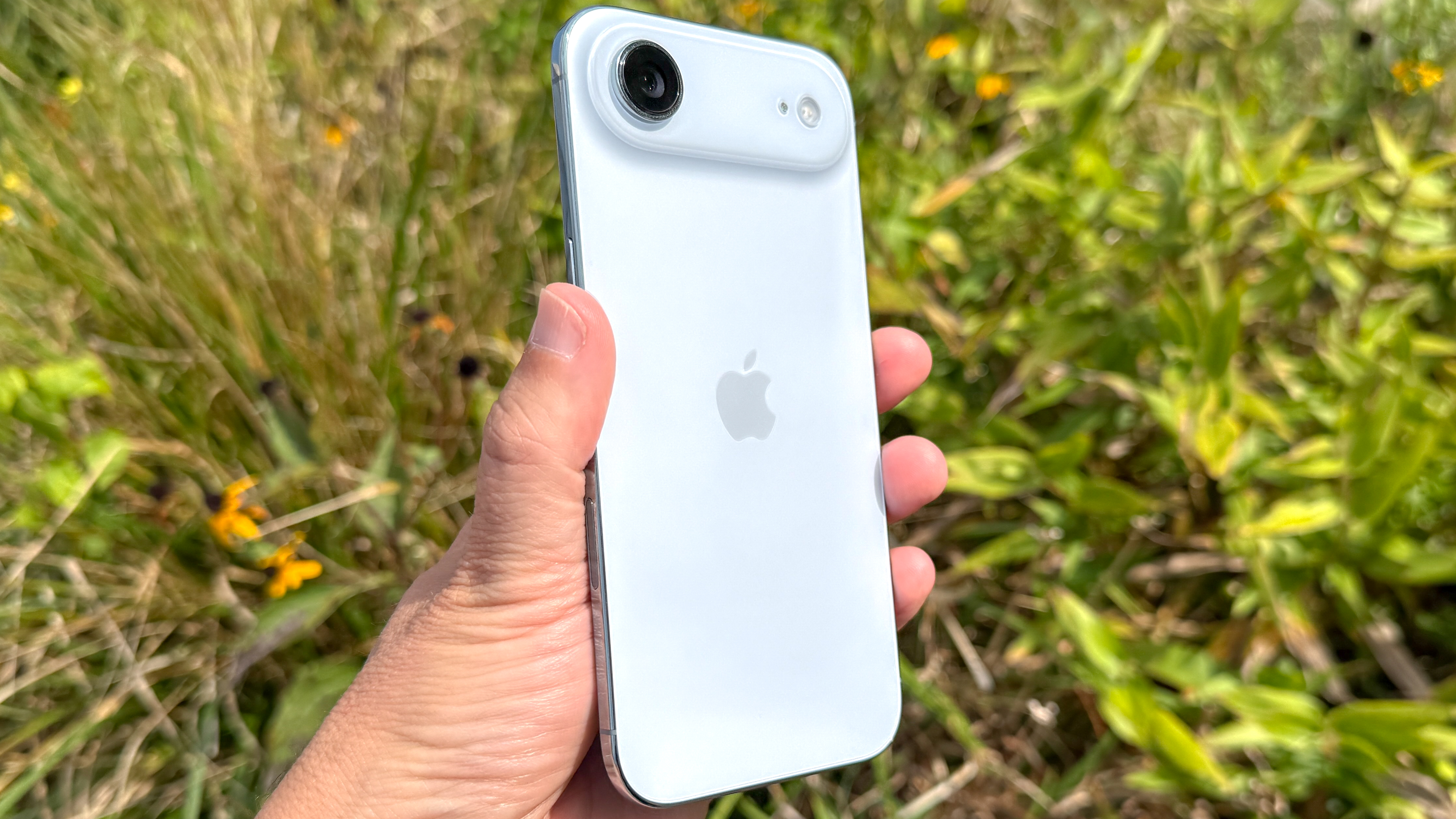Ignore your tutor and play banned games at college with a quality VPN
How to keep gaming, how it works, and what the risks are

Web filtering is a common strategy employed by colleges, universities, and other public or semi-public networks. These web filters can make for a frustrating time if you're a gamer, because games and gaming websites are often blocked by them. Don't worry, though – it's possible to circumvent these filters by using one of the best VPNs.
Web filtering can use a wide variety of different strategies to block access to certain websites or games' servers. VPNs and their built-in encryption can hide what you're doing, letting you game to your heart's content on even the most restricted networks.
In this article, we'll explore how VPNs can circumvent college filters, what you should look for in the best VPN for gaming, and whether you could get in trouble for using a VPN.
The best VPN for gaming: NordVPN
NordVPN is our top-rated VPN, and we consider it to be the best choice of gaming VPN, too. This is thanks to its excellent speeds, top-notch security and extensive server network which spans 126 countries. Prices start from $3.09 per month for a two-year plan ($83.43 plus tax for 27 months' cover). You even get a 30-day money-back guarantee, so you can try it out, risk-free.
How can a VPN help you access banned video games?
Colleges and other institutions can use different types of filtering to block access to games and gaming sites.
Let's break down the main methods and how VPNs can help.
IP blocking and DNS blocking
This approach blocks access to a particular server based on its IP address, such as those hosting Warzone servers.
IP blocking requires the network to know which IP addresses you're trying to access, which it can do just fine when your traffic isn't encrypted.
If you use a VPN, however, all the network will see is your encrypted traffic going to the VPN server's address (meaning anything you're looking at is hidden), making IP blocks useless.
DNS blocking is similar to IP blocking, but instead of blocking access to a specific IP, it blocks DNS requests. This means that a website's address can't be converted to an IP address or gets rerouted, blocking access to a server.
A VPN doesn't need DNS to connect, and often has its own DNS set up, allowing you to skip over any blocks.
Port blocking
Port blocking stops traffic from using certain ports on the network. This is a common approach taken to restrict access to things that are non-work-related.
A VPN can bypass these blocks by rerouting your internet traffic through a different port. This allows your internet traffic it through, allowing you to connect even to blocked sites.

What should I look for in a gaming VPN?
If you're interested in using a VPN to game at college or anywhere else where the traffic is blocked, you're going to need to look for a VPN that's right for the task. The first thing that you're going to want to look for is one of the fastest VPNs.
If your VPN's speeds aren't up to the task, gaming will be a ping-heavy nightmare, but a fast VPN shouldn't make your ping much higher than if you were playing without one. Faster speeds will also make it easier to update your games as necessary.
You should also look for a VPN with a decent server spread and obfuscated servers. This is because your college might block connections to VPN servers, so by using one with obfuscation, you'll be able to avoid this. The more servers there are, the better chance that you have of connecting to one that hasn't been blocked.
Additionally, obfuscated servers disguise your VPN traffic, potentially allowing you to still connect. They can also help you avoid bans if a game you play has a VPN ban in place.

Is using a VPN to access games illegal?
No, accessing games with a VPN is not illegal. However, that doesn't mean you won't get in trouble for it. While the legal system won't care, your college or workplace might. Accessing games at inappropriate times, such as during class or a meeting, will still get you in hot water – a VPN can't protect you from your superiors seeing you playing games.
Your college may penalise you for accessing non-academic content, as may a workplace, even if it's during your free time. Another potential fly in the ointment is with the game's distributors. Some games ban accounts for using VPNs because they may allow you to have an unfair advantage, while Steam can ban your account for bypassing regional pricing to buy cheaper games.
While you're never going to get hauled up in front of a judge for playing a game while using a VPN, you should be aware of these risks. We'd always recommend that you know you're in the clear on using a VPN before taking any chances.
We test and review VPN services in the context of legal recreational uses. For example: 1. Accessing a service from another country (subject to the terms and conditions of that service). 2. Protecting your online security and strengthening your online privacy when abroad. We do not support or condone the illegal or malicious use of VPN services. Consuming pirated content that is paid-for is neither endorsed nor approved by Future Publishing.
Get instant access to breaking news, the hottest reviews, great deals and helpful tips.

Joe is a gaming and tech journalist with a strong interest in cybersecurity and privacy. He has written for GamesRadar+, The Guardian, PC Gamer, in addition to Tom's Guide. His interest in digital privacy developed following Edward Snowden's leaks in 2013, leading him to gain a deep knowledge of various online privacy practices, including the use of privacy-focused browser extensions and VPNs.
- Olivia PowellTech Software Commissioning Editor
You must confirm your public display name before commenting
Please logout and then login again, you will then be prompted to enter your display name.
 Club Benefits
Club Benefits






